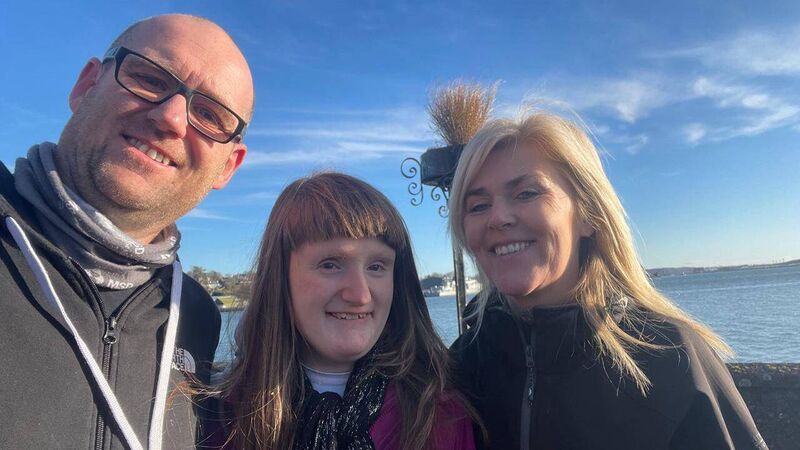'Michelle was making good progress with ADHD treatment and then school stopped'

Ger and Sherri O'Donnell with their daughter Michelle.
When the spoke to Ger O’Donnell on Friday afternoon, he had yet to break the news to his daughter Michelle that she would not be returning to school as planned.
Michelle, who is 15, attends school in St Paul’s in Montenotte.










